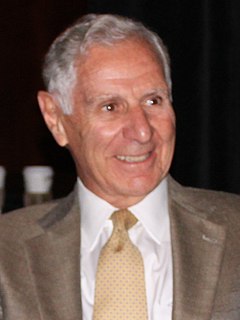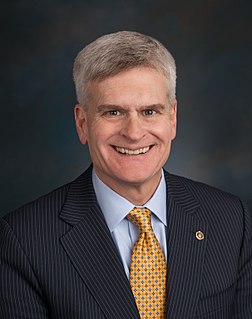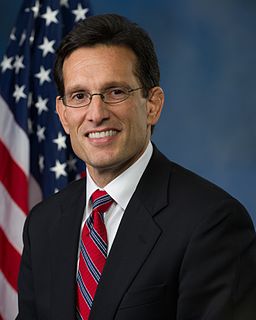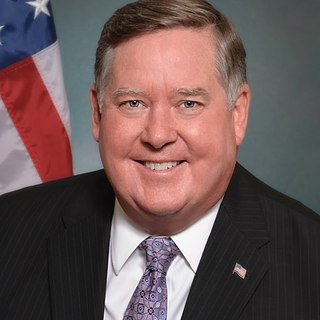A Quote by George Deukmejian
Whether I sign a bill or not, is generally an expression of my personal view on the subject.
It's not an interpretation of an existing law.
Related Quotes
There's going to be a lot of remedies. [Donald Trump] is also subject to other conflicts laws.The bribery laws are intended to prevent conflicts, for example. He's subject to criminal law. He's subject to civil law. He's going to be subject to litigation. He's already in a lot of cases. This is going to come up in existing litigation and there's going to be new litigation.
Since natural law was thought to be accessible to the ordinary man, the theory invited each juror to inquire for himself whether a particular rule of law was consonant with principles of higher law. This view is reflected in John Adams' statement that it would be an 'absurdity' for jurors to be required to accept the judge's view of the law, 'against their own opinion, judgment, and conscience.'
The Supreme Court, or any court, when they make a decision, if that's a published
decision, it becomes virtually like a statute. Everybody is suppose to follow that law. Whether I decide to allow a law to become a law without my signature is simply
in effect expressing a view that while I don't particularly care for this, the Legislature passed it, it was an overwhelming.
vote, or maybe there were other reasons. But
my decision not to sign doesn't have to be followed by
everybody from that point on
It is generally admitted that the cultural values (humanization) and the existing institutions and policies of society are rarely,if ever, in harmony. This opinion has found expression in the distinction between culture and civilization, according to which "culture" refers to some higher dimension of human autonomy and fulfillment, while "civilization" designates the realm of necessity, of socially necessary work and behavior, where man is not really himself and in his own element but is subject to heteronomy, to external conditions and needs.

































